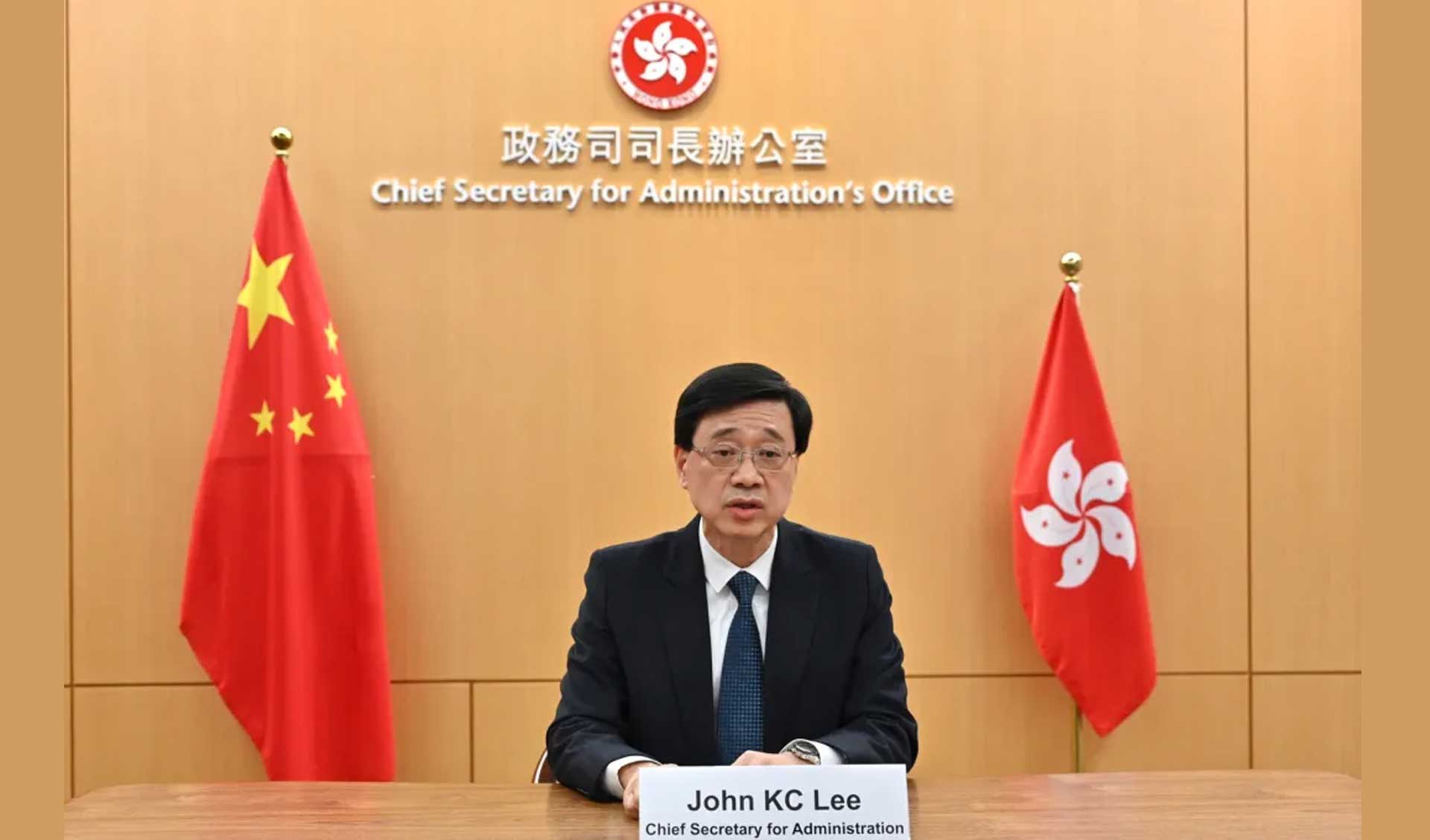
Hong Kong Attempts to Boost Its Economy
What was once one of the most competitive, desirable, and expensive property markets has seen a downturn in more ways than one over the past few years.
A slow recovery in visitor numbers after the pandemic restrictions, the introduction of the controversial National Security Act, and a decline in stock market activity have all negatively impacted the once-booming territory.
In an attempt to give the Hong Kong economy a much-needed shot in the arm, stamp duties on real estate purchases and levies on stock market activity are being cut for the first time in over a decade.
Hong Kong's Chief Executive, John Lee, has taken these actions because of recent economic shifts, rising interest rates, slow growth, and falling local residential property transactions.
The Hong Kong property market has seen home prices decline consistently for four months, with the housing price index down 7.9% in August compared to the previous year and 4.2% lower than its peak in April.
In addition to a cut in stamp duty, the government is also slashing the duty for non-permanent residents and the levy on additional property purchases by Hong Kongers by half to 7.5%. The special stamp duty that applies, at a rate of 10% of the price, to property transactions held for less than three years will now only apply to properties held for less than two years.
Duty on stock transactions is also being reduced to 0.1% from 0.13% to boost stock trading volumes in one of the region's largest and most liquid stock markets.
Hong Kong is also looking at other areas of the economy that need help improving economic attractiveness, such as its shipping, aviation, technology, arbitration, and exhibition sectors.
Hong Kong's image as an international financial hub and a great place to live and work suffered a serious blow with the introduction of the far-reaching and widely opposed National Security Act. The new law saw many international businesses moving out of the territory and wealthy entrepreneurs deciding there were now better alternatives than continuing to live on the ever-encroaching doorstep of the Red Dragon.
A slow recovery in visitor numbers, compounded with the effects of strict pandemic restrictions, has not helped Hong Kong regain its economic prowess.
Despite all these issues, John Lee reiterated the importance of passing additional security laws by the end of next year, stressing the need to protect the territory against actions that could undermine governance and the region's stability.
In uncertain economic times, with mainland China struggling to reinvigorate its economy and global political tensions, it isn't easy to anticipate how soon Hong Kong can regain its former position in the world and ensure its future prosperity.